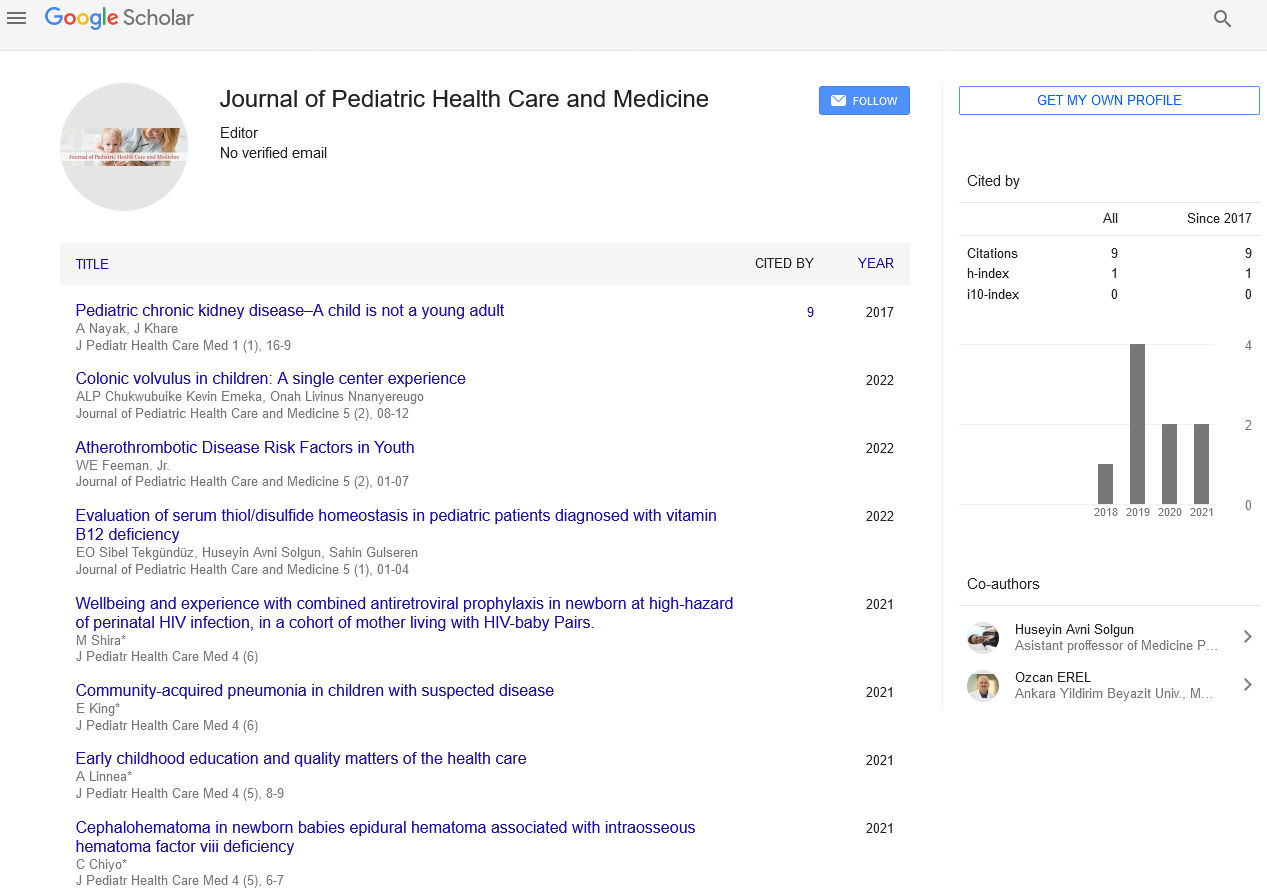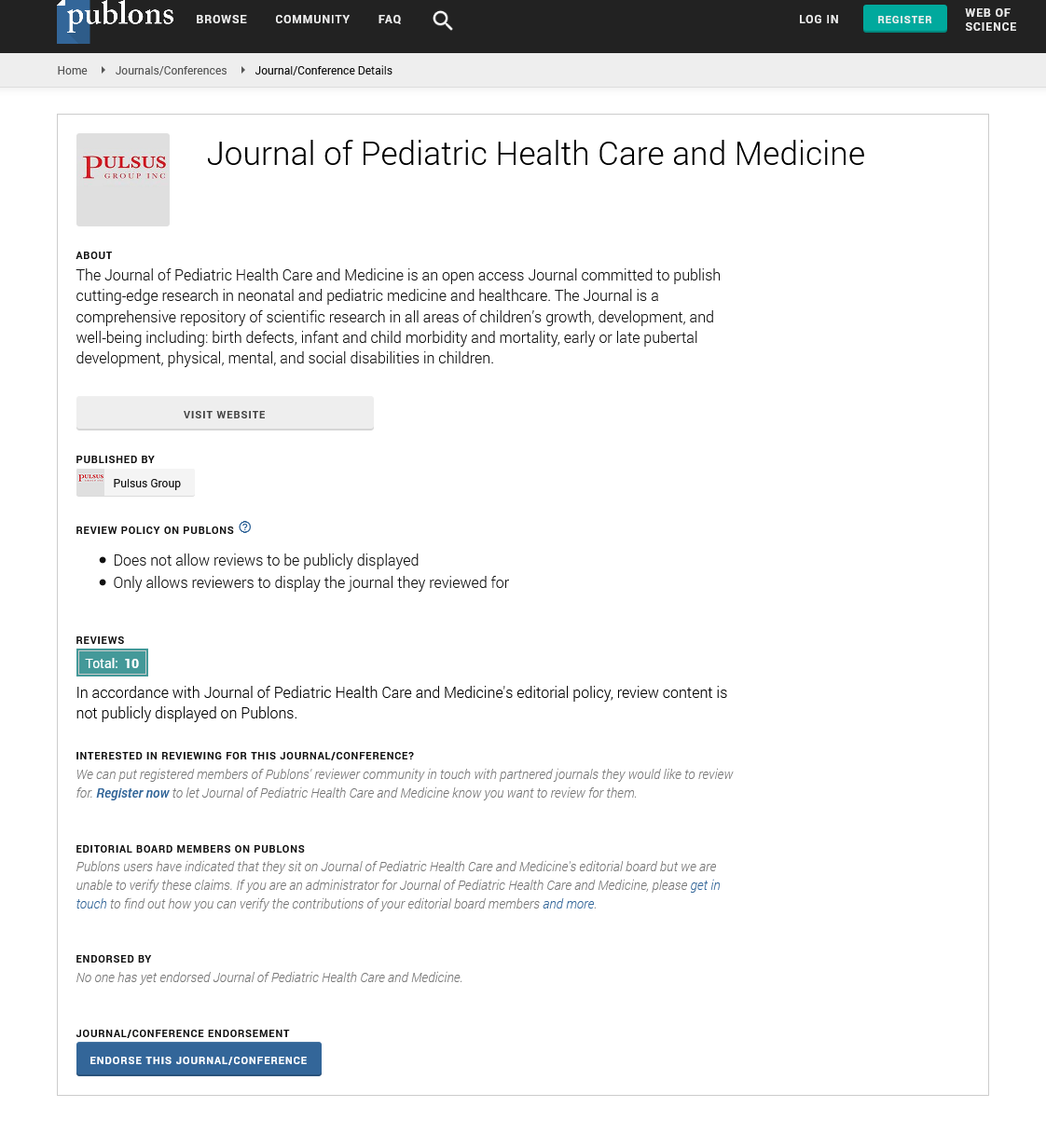
Sign up for email alert when new content gets added: Sign up
Efficacy of standardized feeding protocol for preterm infants
14th World Pediatrics & Neonatal Healthcare Conference
September 11-12, 2017 Los Angeles, CA, USA
Hamza Abbasi
Unterberg Children√ʬ?¬?s Hospital at Monmouth Medical Center, USA
ScientificTracks Abstracts: J Pediatr Health Care Med
Abstract :
Although it is universally accepted that infants who are delivered prematurely require nutritional support to survive, the published evidence lacks clear indications of the best method of delivery, substrate use, timing or appropriate outcome measures to evaluate nutritional support. In the absence of published or widely accepted guidelines regarding nutritional support strategies for preterm infants, most institutions have developed their own guidelines for nutrition management and nutrition practices vary widely. We planned to assess the efficacy of a newly introduced standardized feeding protocol for preterm infants (<1800 g) in our hospital. These groups were stratified into 3 categories based on weight (i.e. <1000 g, 1000-1500 g and >1500 g). We calculated the number of days to regain birth weight and the number of days on TPN in both the groups to assess if there was any statistically significant difference between the pre-intervention and post intervention group. There was no statistically significant difference in the number of days to regain birth weight in any of the groups, and in the number of days on TPN noted in the <1000 g and >1500 g weight categories between the pre-intervention and the post- intervention group. However, there was a statistically significant difference (p<0.05) in the number of days on TPN in the 1000 g-1500 g weight category between the pre-intervention and the post- intervention groups. With this study, we can state that the implementation of a standardized feeding protocol in the NICU is efficient in terms of decreasing the number of days on TPN in preterm infants between 1000g and 1500 g.
Biography :
Hamza Abbasi is a third-year Pediatric Resident at The Unterberg Children’s Hospital at Monmouth Medical Center. He has completed his MBBS from Alfaisal University School of Medicine in Riyadh, Saudi Arabia in 2014. He has been involved in multiple clinical research projects since 2011 and plans on continuing to play a role in optimizing health care via research in the future throughout his career as a Primary pediatrician.





